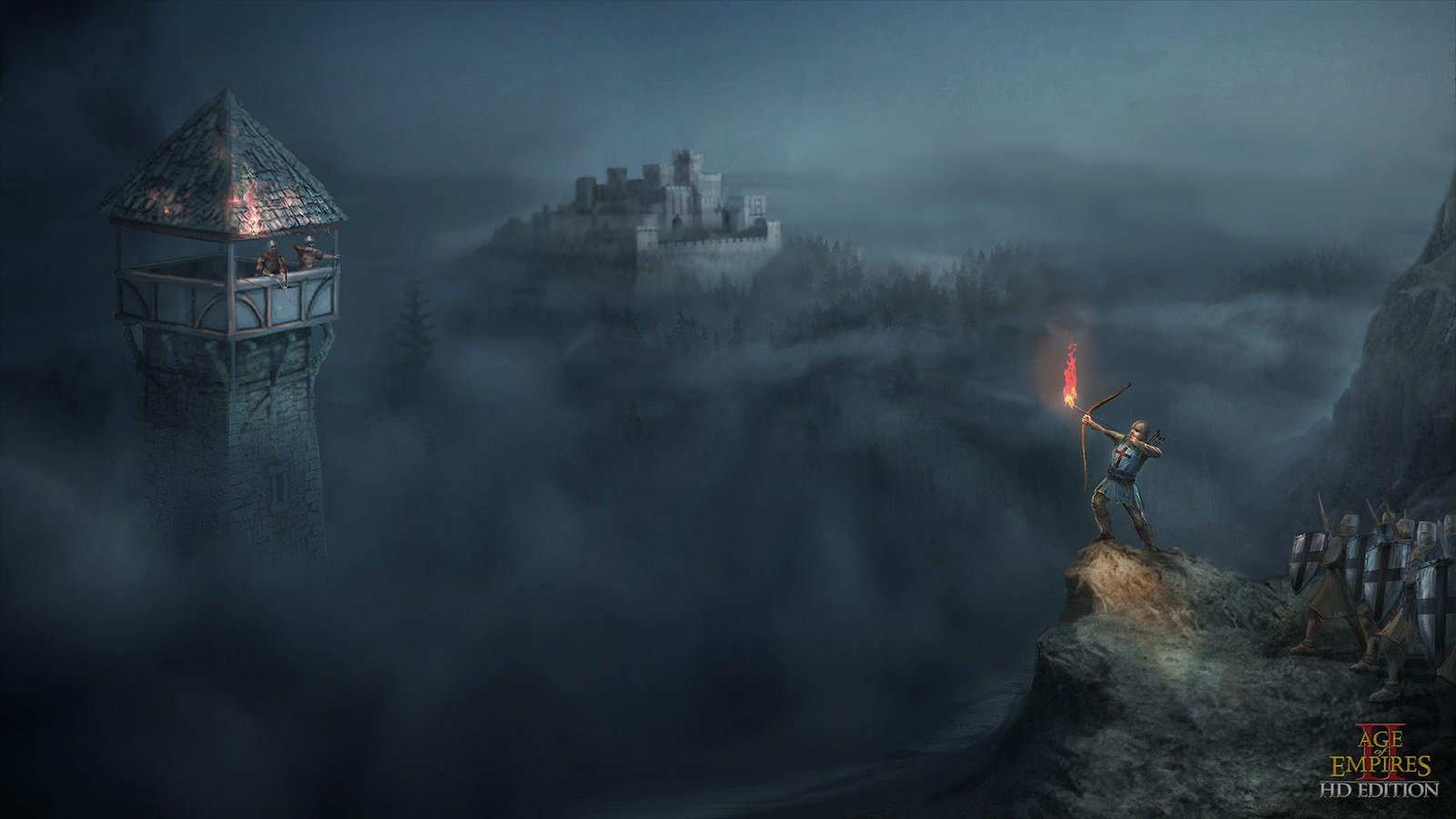Core Principles:
Optimize build orders (BOs):
-
1 player doing well + 1 dead teammate > 2 average players.
-
Cavalry > archers.
-
Few archers in the game → camel/anti-cav civs (strong unique units) are powerful.
-
BOs are tighter than in 1v1s because army mass matters more. Why? → Counter units like skirms or spears are less viable; gold unit compositions (gold comp > trash comp) dominate.
-
Start trade while you still have gold left, after all key upgrades are researched.
Open land maps (e.g., Arabia, Atacama):
-
Military production > Villager production.
-
In early Feudal: play safe with scouts if your Feudal is late; go aggressive if it’s early.
-
Flanks are slower than pockets → Pockets > Flanks. Put your pockets in a dominating spot to carry.
-
In 2v2 archer + cav vs archer + cav, initiating a fight puts you at a disadvantage (retreating archers deal damage before the actual fight – “hit and run”). Only fight when you’re sure to win.
-
A winning fight = numerical or upgrade advantage / enemy army split / terrain advantage.
-
If you double the enemy pocket and they chase you → send your reinforcements to the enemy flank.
-
Building a defensive tower > losing your entire base
Flank Role:
Micro:
-
Maximize damage at max range and push forward when you have HP advantage.
-
Always shoot the nearest enemy unit while dodging.
-
Avoid overkilling units – spread damage across multiple enemies.
-
When chasing down an army, use patrol + face direction (units glide faster that way).
General Tips:
-
Eco upgrades don’t matter early → race to mass archers.
-
Army upgrades > economy upgrades.
-
Microing army > watching eco.
-
Stick to one lumber camp for a while.
-
Don’t make too many farms (archers cost no food) → abuse market to click Castle Age.
-
If you have Britons on your team = OP (archer production race).
-
Stay open longer to hit good timings; trading vills for army is often worth it.
-
Attacking camel civs (Hindustanis, Gurjaras) in early Castle can be devastating.
-
Don’t roam alone if enemy cavalry isn’t visible.
Pocket Role:
Micro:
-
Don’t waste HP needlessly.
-
To initiate a fight: block enemy archers by standing on top of them (prevents hit-and-run).
-
Leave a few units on ally’s archers to prevent the same happening to them.
-
To block archers: spam click in front + “stop” hotkey when you are on top of them
General Tips:
-
More HP on scouts → easier game and free raiding.
-
Stick to one lumber camp early.
-
Micro > eco.
-
Cavalry armor (+1 defense) can swing fights (lets you engage earlier).
-
Scouts lose to archers before +1 armor → focus on raiding until then.
-
Continuous scout production → add blacksmith when food builds up (almost 2nd scout queued), then wall.
-
Usually add a second stable preemptively (don’t overfarm).
-
Light cav raids > knight raids early Castle. Light cav is faster and hits timings better.
-
Long Feudal Age → eco upgrades > extra town centers (a few extra vills matter less; eco ups give better return).
-
How to raid: disrupting the enemy pocket gives a big advantage to your flanks. If enemy army is out, sniping reinforcements can be huge.
Water/Mixed Maps:
BO principles for water/mixed maps:
-
Continuous villager production + early fish boats (cost wood) → but vills > fish.
-
Fast Feudal to snipe enemy fish.
-
Reach Castle in a good position on land.
General Tips:
-
Water is overrated → dominate on land by baiting overcommitment to water; just snipe fish.
-
Land damage > killing fish.
-
Feudal: galleys > fire ships.
-
Castle Age: fire ships > galleys.
-
Score lies.
-
Vills > fishing ships.
-
1 fast fire ship > a billion galleys in Castle.
-
No counter units on water → number of ships snowballs fast.
-
Cavalry > archers because of low army count on land. Same logic for camel civs dominating mixed maps.
Closed Maps:
-
Invest minimally on defense to avoid early damage → boom!
-
Pick “late game” civs, as early game matters less.
-
Good siege is crucial → especially bombard cannons.
-
Map control is key (lets you decide where to fight) → use walls or forward buildings.
-
Strong monks are a bonus.


